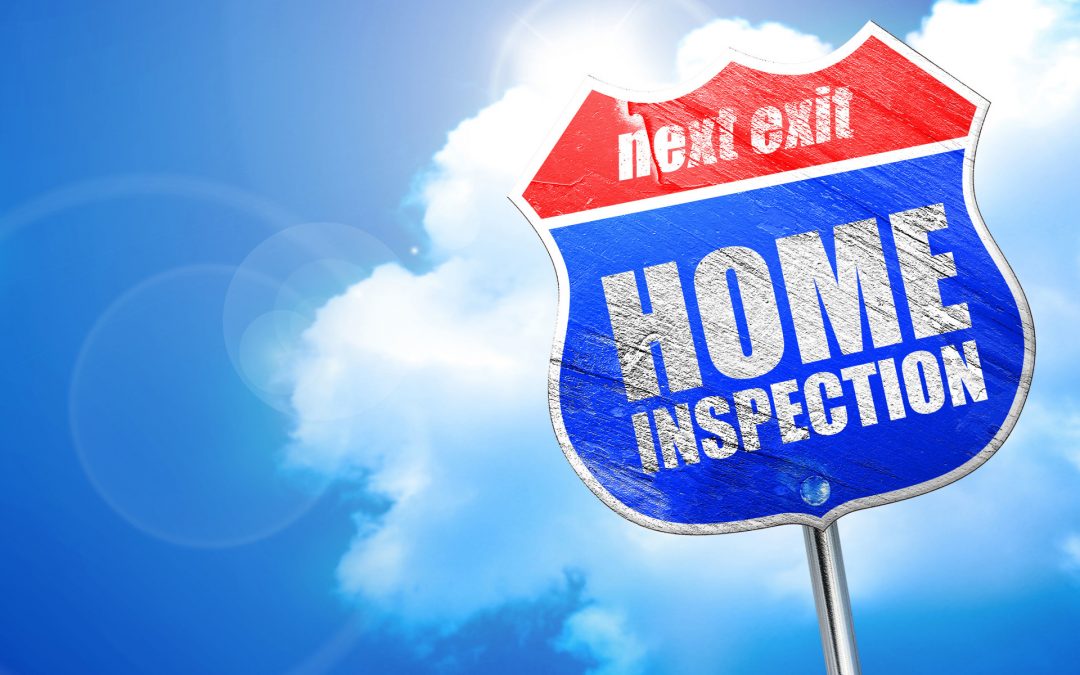Buying a home is a grand occasion. It doesn’t matter if it is your first home or your dream home. Oftentimes a new home is a symbol of status that magnifies your accomplishments in life.
Homeownership is also the largest purchase most people will make. There is a lot of responsibilities and cost that go with it. That’s why it’s important to have a home inspection before you finalize the purchase.
Finding the right home is only part of the process. You’ll need to negotiate the price, secure a mortgage, and make it through closing. If the home does not pass inspection your closing will get delayed.
Sometimes a homeowner will offer their home inspection report to hurry the process. It’s still recommended that you get your own. The insurance and mortgage company may require it.
Are you wondering if you should incur the cost of a home inspection? Keep reading to learn why it’s important to hire an independent inspector.
The Seller’s Inspection May Have Missed Something
The seller of a house has two goals. One to sell the house quickly. Two, get as close to the initial asking price as possible.
It’s possible that a homeowner has already done a home inspection along with an appraisal. If the offer to give you a copy there’s no reason to turn it down. In fact, it’s smart to take it.
Regardless of what the inspection reports show, you want to get an independent one for your protection and peace of mind. Inspectors do miss things that can cost you down line. Comparing the two reports will benefit the buyer in the long run.
Intentional Fraud
We can’t pretend that fraud doesn’t exist in the real estate market. Or that a homeowner desperate to unload a property isn’t being deceitful.
When you accept the seller’s home inspection report, you’re accepting it at face value. You’re putting your trust in the seller and cosigning the accuracy and validity of the report.
You do not know if the inspector is a friend of the seller. If he or she has brokered a deal to falsify information. Or if they used a certified inspector.
Once you close on a home it’s yours. Proving fraud gets difficult because you did not conduct an independent inspection. Any expenses, now become your responsibility, and you could be forced to pay thousands for repairs.
There’s always the option to sue. If you are unsuccessful in proving your case, that’s more money out the window.
The Insurance Company Has a List of Required Inspectors
Part of the home buying process is obtaining homeowners insurance. The mortgage company wants to protect its financial interest in the home. If the buyer later learns there are major issues with the home they cannot afford to fix, they may abandon the property.
The insurance company may provide a home inspection checklist the inspector is required to use. There are different sections but the most important things he will look for includes the condition of the:
- Attic and crawl spaces
- Basements
- Electrical
- Exterior siding
- Flooring
- HVAC System
- Plumbing
- Roof
- Windows and doors
The comprehensive findings will outline the condition of the house. If there’s corrosion or water damage. The remaining life span before replacement becomes a factor.
Inspection reports are quite lengthy but as the buyer, you want to know exactly what you are getting. If you’re buying a home “as is” you’ll still want to receive an extensive inspection.
The Report Omits Findings
The average home buyer doesn’t know what to look for in a home inspection. Therefore, they won’t know if the seller has removed a portion of the report. Missing sections could lead to huge omissions.
While most people focus their attention on the major items listed above, there are other things that shouldn’t get overlooked.
A contract for a home purchase is a complex document and incudes legal language outlining what the seller is legally obligated to disclose and to repair. There are also items they aren’t liable for but you can request in the contract.
It’s required that all defects are included in the report although they are not significant or a cause for alarm. If you’re buying a 20-year-old home, it’s unreasonable to expect the seller to repair things like a broken doorknob and other cosmetic issues.
Omitting there are cracks in the foundation in a room with new carpet or tile does look suspicious.
The Inspector Is Not Certified
Just because the home seller provides a home inspection doesn’t mean the inspection was conducted by someone who’s certified. Like most documents, a home inspection template is easily downloaded from the internet.
Unless you are planning to do a background check on the person signing off on the document, you really don’t know their credentials.
It’s important to have your inspection conducted by someone with certification who has experience. Fraud is real and can lead to legal liability.
You Limit Your Ability to Negotiate the Price
The real estate sales contract is specific when it comes to who’s liable for what. The buyer and seller will negotiate repairs required before closing. They can also agree on monetary concessions that allow the buyer to make repairs after closing.
The important thing to understand is, if you take the sellers inspection at face value, it can decrease your ability to seek damages later. You are in essence, agreeing that the report is factual. If the AC goes out two weeks after closing, you’ll have to prove the seller was purposely deceptive.
It’s Time to Close the Deal
Once the inspection is complete and accepted by the insurance company, you’re one step closer to owning the home. You can now rest assured that the home does not have any major defects.
Are you buying or selling a home in the Northeast Cleveland area and need to schedule a home inspection? Click here to speak to schedule an appointment.

